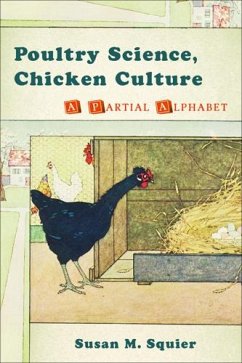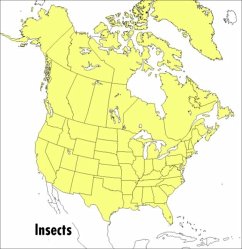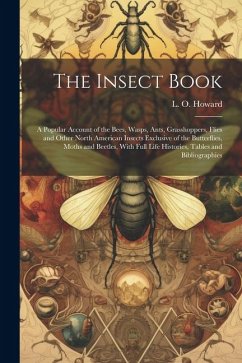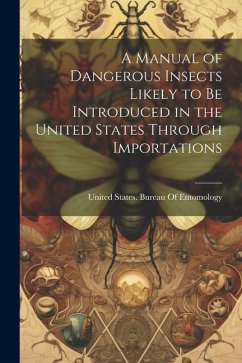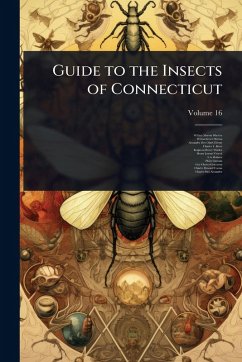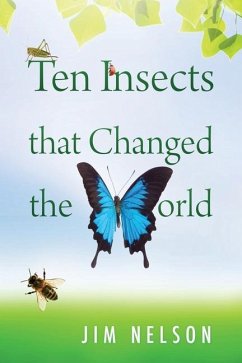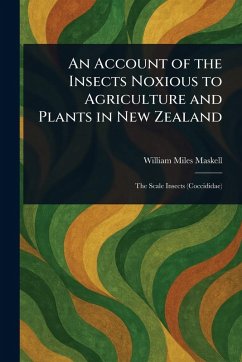Nicht lieferbar
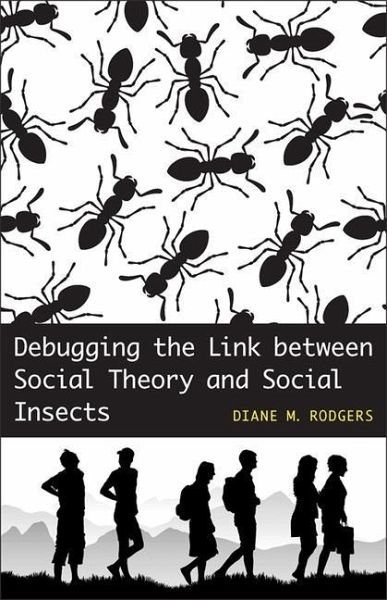
Debugging the Link Between Social Theory and Social Insects
Versandkostenfrei!
Nicht lieferbar
During the nineteenth and early twentieth centuries, natural and social scientists began comparing certain insects to human social organization. Entomologists theorized that social insectssuch as ants, bees, and waspsorganize themselves into highly specialized, hierarchical divisions of labor. At the same time, sociologists compared people to insects, relying on the same premise that humans arrange themselves hierarchically. In Debugging the Link between Social Theory and Social Insects, Diane M. Rodgers explains how these co-constructed theories reinforced one another, thereby naturalizing We...
During the nineteenth and early twentieth centuries, natural and social scientists began comparing certain insects to human social organization. Entomologists theorized that social insectssuch as ants, bees, and waspsorganize themselves into highly specialized, hierarchical divisions of labor. At the same time, sociologists compared people to insects, relying on the same premise that humans arrange themselves hierarchically. In Debugging the Link between Social Theory and Social Insects, Diane M. Rodgers explains how these co-constructed theories reinforced one another, thereby naturalizing Western conceptions of race, class, and gender as they gained prominence in popular culture and the scientific world. Placing these theories in a historical and cross-cultural context, Rodgers explains how these ideas resulted in an inhibiting vocabulary that relies more heavily on metaphors than on description.





